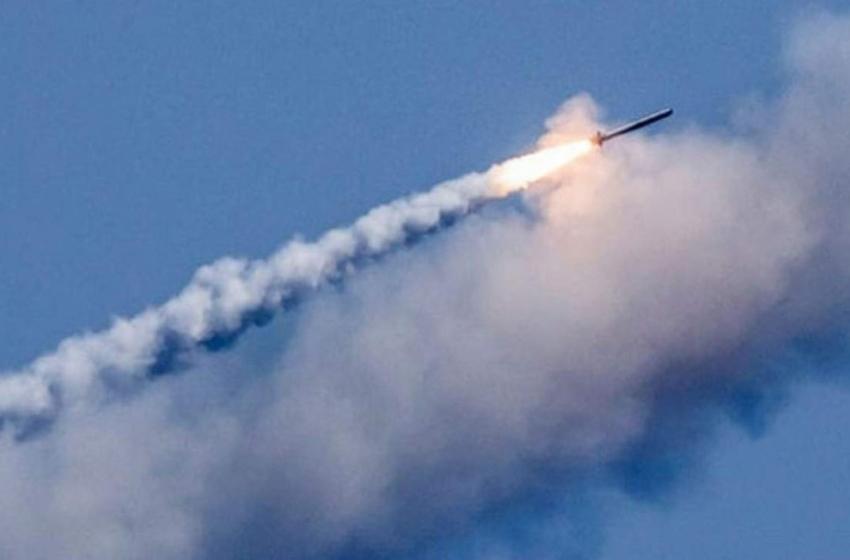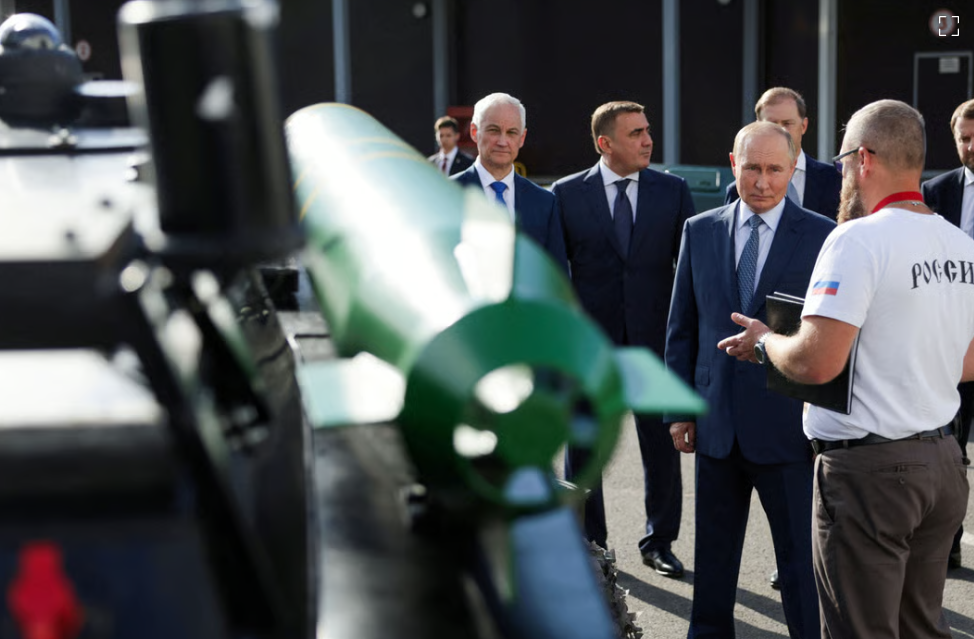Russian missile strikes on Ukraine have very dubious effectiveness, and the effect of such attacks is leveled by Ukrainian air defense. At the same time, the fact that missiles fell on the territory of Russia itself may indicate a serious problem.
As Aleksandr Kovalenko, a military-political observer of the Information Resistance group, stated on Telegram, the next rocket attack by the invaders on Ukraine, like the previous ones, took place with a very dubious result. The expert stressed that the restoration of the energy system of Ukraine is ahead of the ability of the Russian invaders to accumulate ammunition.
In addition, Ukrainian air defense neutralizes the effect of such Russian attacks by 80-90%.
"That is, the efficiency of a regular flight is much lower than expected results and very rarely exceeds 10%. And it isn't easy to name 10% efficiency, not to mention something more. Today's blow, as well as the previous, demonstrated the use of a diverse range of missile weapons, which proves the impossibility of unifying the ammunition load. The lack of unification indicates a limited storage resource," Kovalenko noted.
However, according to the expert, the latest missile strike was still different from previous attacks.
"The current shelling differed from the previous ones in that fallen Russian Kh-101 missiles were recorded in the Volgograd region. At the moment, it is difficult to say whether these missiles were shot down by air defense systems, which worked in panic at their own facilities, or due to some technical malfunction. But if you do not exclude the technical component, then I am more than sure that these are missiles from a new batch. Why is this? Yes, because they are now being manufactured in emergency mode and do not carry out proper technical control of products. And confirmation is regularly falling 9M723," added Kovalenko.
The incident testifies that Russia "is not only limited in the production capabilities of new missiles but also the quality of the manufactured products raises serious questions."




















